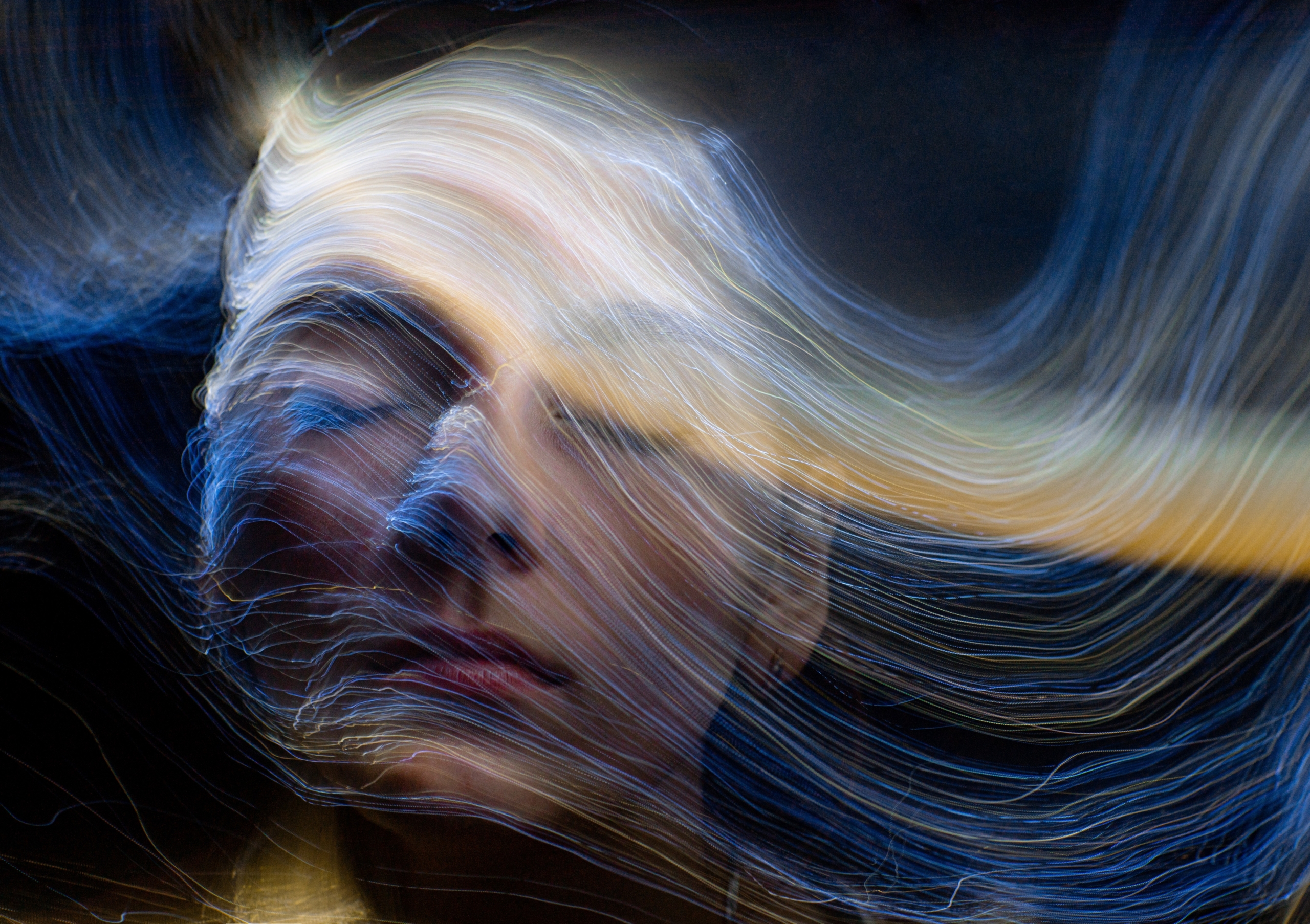It appears that the topic of psychedelics has taken center stage in various forms of media and discussions recently. From Michael Pollan’s renowned book “How to Change Your Mind” to a multitude of Netflix documentaries, news articles, TEDx talks, clinical studies, and social media dialogues, the concept of expanding consciousness through psychedelics is undoubtedly experiencing a resurgence.
In the 1960s, many psychedelic substances were criminalised during the era of “the war on drugs,” largely due to recreational misuse by the new-wave generation, leading to negative consequences. This move halted promising therapeutic research exploring the potential benefits of psychedelics as a complement to psychotherapy.
However, there is a noticeable shift towards recognising the healing properties of these substances once again. The UK, notably Imperial College London, is at the forefront of psychedelic research, spearheading global initiatives in psychedelic neuroscience trials.
WONDERING ABOUT THE LEGAL STATUS OF PSYCHEDELICS IN THE UK?
In the UK, most psychedelics are classified as illegal Class A drugs. Possessing them could lead to severe penalties, including up to 7 years in prison and an unlimited fine.
If you’re looking to access psychedelics legally, traveling abroad or participating in clinical trials are your main options, with one exception—ketamine. Ketamine clinics are emerging in the UK, offering ketamine administration with or without psychotherapy for various mental health conditions. These clinics are supervised by medical professionals and may be accessible with a referral from your GP or psychiatrist (for more information, please read my blog “Working therapeutically and legally with Ketamine”).
WHAT ABOUT TRAVELLING ABROAD?
In some countries, psychedelic substances have been decriminalised, offering the opportunity to attend retreats. The laws surrounding psychedelic use can be complex.
Here are some places where these substances have been decriminalised or are allowed for specific practices:
– Jamaica (psilocybin)
– Brazil (psilocybin)
– The Netherlands (psilocybin)
– USA (ayahuasca, psilocybin – in select states)
– Peru (ayahuasca)
– Ecuador (ayahuasca)
– Mexico (psilocybin, ayahuasca, iboga)
– Canada (iboga)
Iboga, known for its extreme potency as a psychedelic, requires meticulous risk assessment, thorough planning, and specialised support prior to consumption. Despite its intensity, iboga has shown promising results in addressing alcohol and drug addiction.
Peru has emerged as a prominent hub for Ayahuasca tourism, attracting a significant number of visitors. However, caution is paramount, particularly for solo female travelers. Regrettably, issues such as greed, exploitation, and sexual abuse have become far too common, underscoring the need for vigilance in such settings.
Since 1 July 2023, psychiatrists can be authorised to prescribe products containing MDMA or psilocybin for use in psychedelic assisted psychotherapy to treat specific mental health conditions. MDMA may be prescribed for the treatment of post-traumatic stress disorder (PTSD).
Despite the legalisation of psychedelics in certain countries, the lack of regulation in retreat centers poses risks due to the absence of treatment standards, care protocols, and accountability processes. If considering attending such a center, it is crucial to exercise caution, seek information, engage in psychedelic integration psychotherapy, and rely on your instincts to prioritise your safety.
For now, despite the collective buzz, most people are extremely limited in how they can work with psychedelic substances.
ARE THERE SAFE ALTERNATIVES TO PSYCHEDELICS?
Holotropic breathwork, meaning “moving towards wholeness,” emerged in the 1960s through the pioneering work of Stanislav Grof, a Czech psychiatrist integral to transpersonal psychology’s evolution. In response to LSD’s criminaliSation, Grof devised this technique, employing “circular breathing” – a continuous, rhythmic inhalation and exhalation method. Enhanced by an emotionally resonant playlist, participants undergo experiences akin to psychedelic encounters.
During a holotropic breathwork session, individuals may enter into altered states of consciousness. Each person’s experience varies, with accounts ranging from visions, reliving past lives, connecting with departed ancestors, revisiting birth, encountering spirits or divine beings, feeling unity with the cosmos, experiencing profound emptiness, arousal, relaxation, emotional releases, to profound healing moments.
During holotropic breathwork, it’s best to work with a trained facilitator. This facilitator ensures your safety throughout the process, offering support without imposing thoughts. They may utilise consensual touch for energetic assistance. Holotropic breathwork is a drug-free and secure practice. If the experience becomes intense, you have the option to adjust your breathing and disengage. For locally trained facilitators, consider searching online.
Creating a routine meditation practice can be a powerful gateway to exploring altered states of consciousness in a safe and grounded manner. One effective approach is through “DMT” meditations available on platforms like YouTube, offering a cost-free way to delve into this realm. As a committed daily meditator, I can attest to the transformative impact it has had on my life.
AND FINALLY……….
Whether you are looking to work with altered states of consciousness medicinally or for mystical exploration, these experiences can provide unterritorial access into the domains of our personal and collective experience, and the boundless possibilities of the human mind.
There is something very exciting, but also potentially dangerous about that.
Tread carefully in the world of psychedelics, they are not without risk, and the community at large is fraught.
PLEASE NOTE: This blog is intended for information only and does not substitute medical advice. I do not advocate the illegal use of substances.

